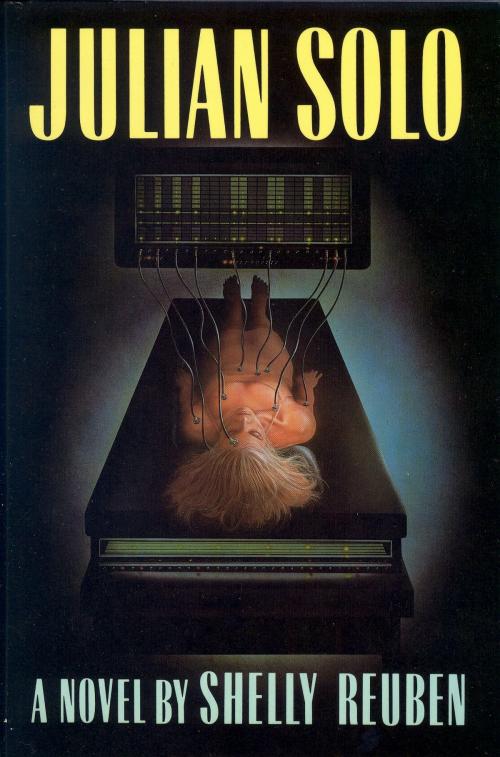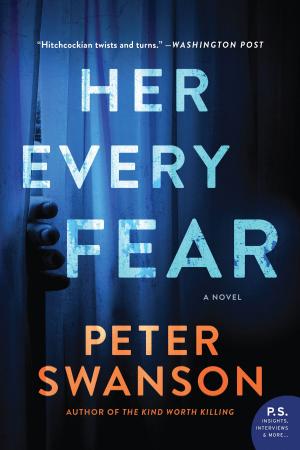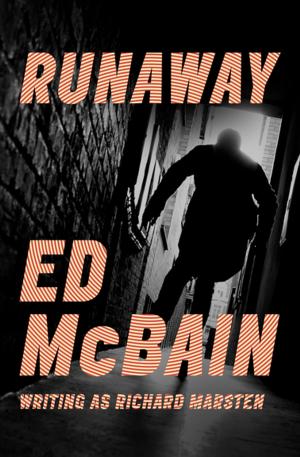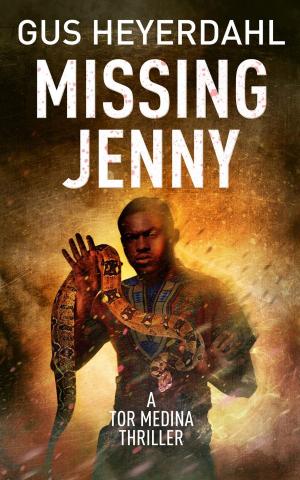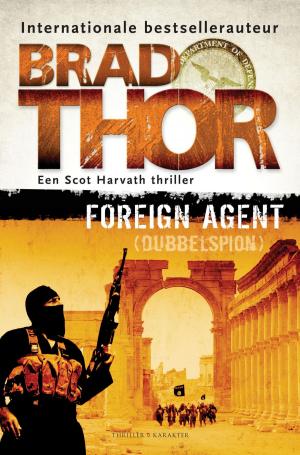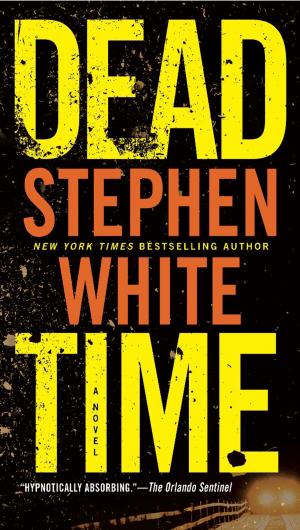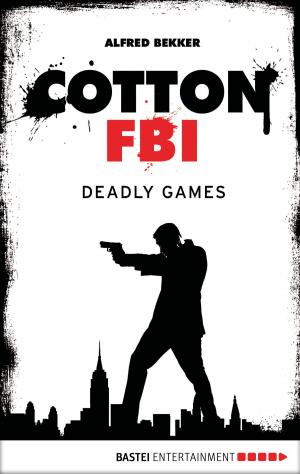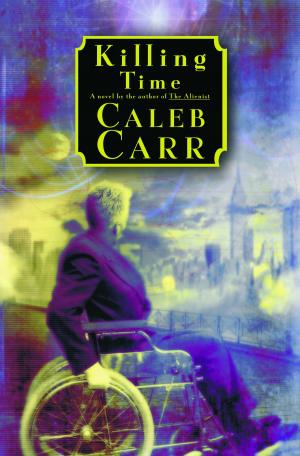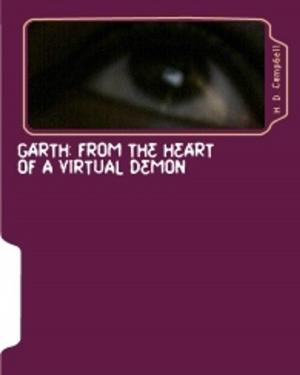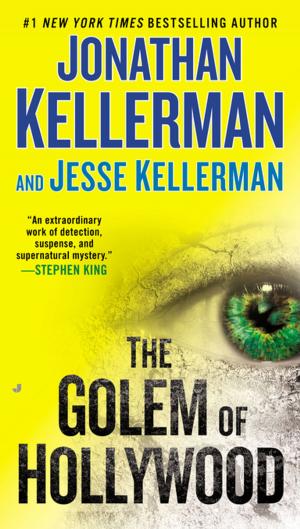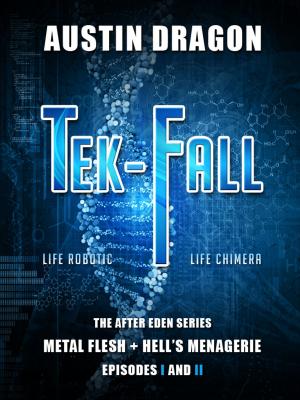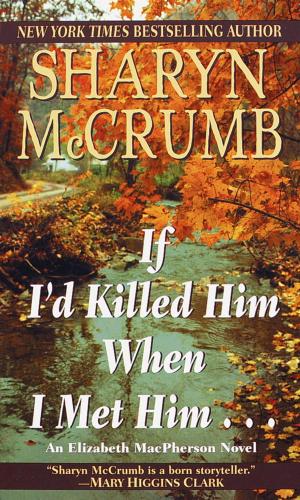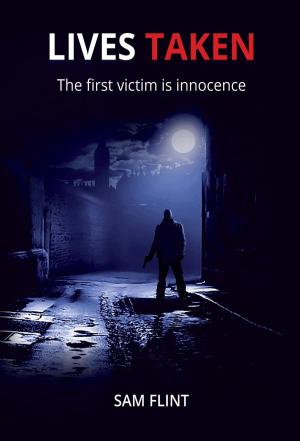| Author: | Shelly Reuben | ISBN: | 9780966286823 |
| Publisher: | Bernard Street Books | Publication: | June 1, 1988 |
| Imprint: | Language: | English |
| Author: | Shelly Reuben |
| ISBN: | 9780966286823 |
| Publisher: | Bernard Street Books |
| Publication: | June 1, 1988 |
| Imprint: | |
| Language: | English |
Julian Solo is a research psychobiologist pushing the limits of scientific knowledge by delving into the "forbidden" area of life after death. Unlike Mary Shelley's Dr. Frankenstein, who created a living being from inanimate body parts, Julian seeks to discover a way for humans to enter and leave the death state at will. At first, his motivation is knowledge for knowledge's sake. How wonderful it would be, he reflects, to discover a mechanism to fool the body into thinking that all bodily functions had ceased. Rather than go to sleep at night, we would "die." When we wake up the next morning, instead of being eight hours older, we would not have aged a bit. But when his wife is diagnosed with an incurable degenerative disease, Julian Solo's research takes on a personal urgency. He begins to experiment upon himself, and discovers the secret of biological life after death. Has he made a great scientific breakthrough? Or is he balancing on the edge of a morality he can neither control nor understand?
Julian Solo is a research psychobiologist pushing the limits of scientific knowledge by delving into the "forbidden" area of life after death. Unlike Mary Shelley's Dr. Frankenstein, who created a living being from inanimate body parts, Julian seeks to discover a way for humans to enter and leave the death state at will. At first, his motivation is knowledge for knowledge's sake. How wonderful it would be, he reflects, to discover a mechanism to fool the body into thinking that all bodily functions had ceased. Rather than go to sleep at night, we would "die." When we wake up the next morning, instead of being eight hours older, we would not have aged a bit. But when his wife is diagnosed with an incurable degenerative disease, Julian Solo's research takes on a personal urgency. He begins to experiment upon himself, and discovers the secret of biological life after death. Has he made a great scientific breakthrough? Or is he balancing on the edge of a morality he can neither control nor understand?
